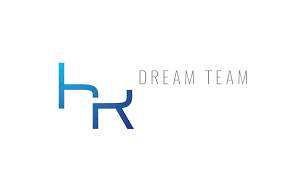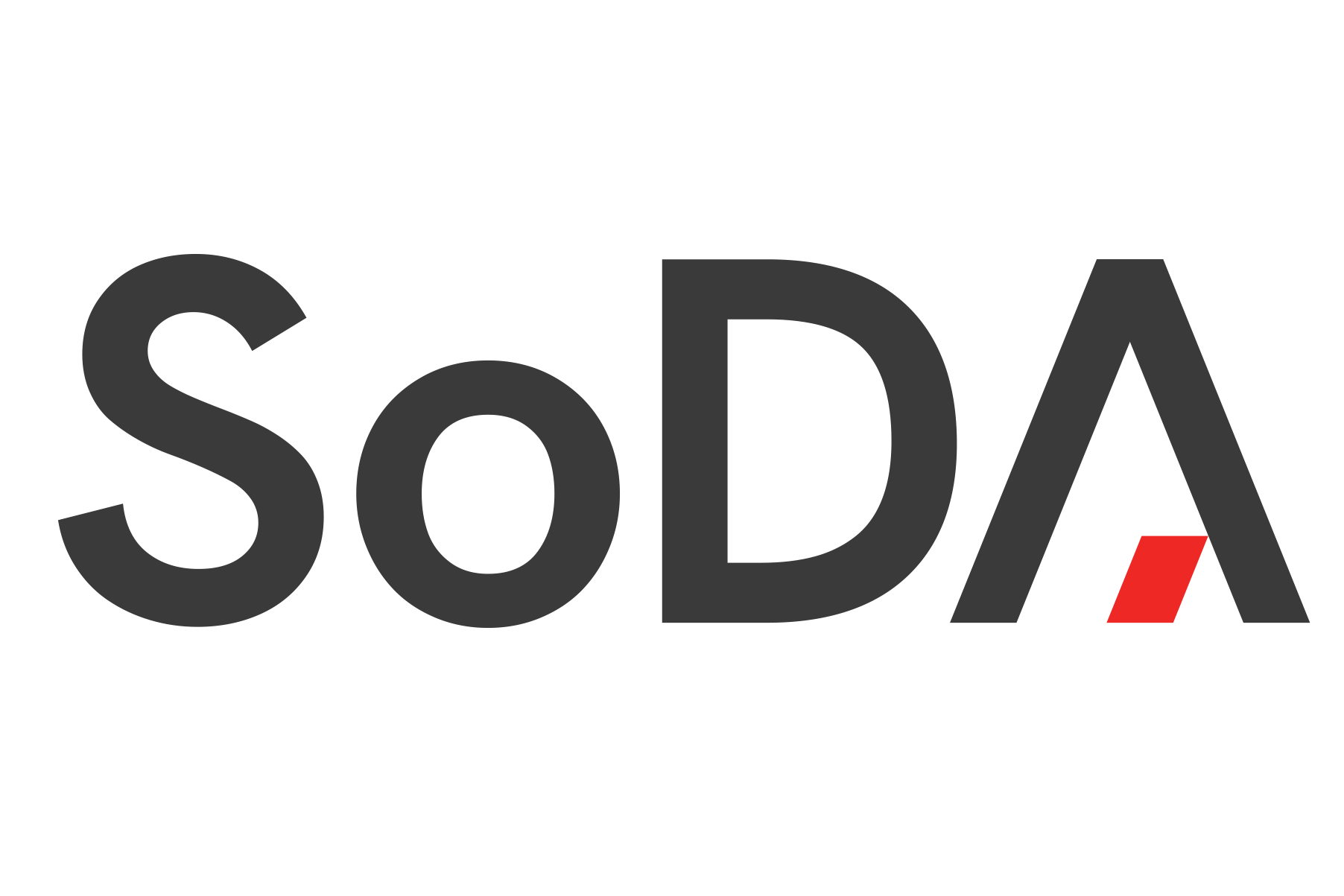a greenfield project?
What does this term mean in IT projects?31.03.2023
In job offers, you can find the phrase “greenfield project“?
What is? What are the pros and cons of working on this type of project?
In the following article, you will learn about the most important features.
What is a greenfield project?
A greenfield project can be defined as any project that is created from scratch. This term has found its way into the IT dictionary from the real estate industry. It means a clean, green, undeveloped area for a construction project.
In IT, this term is used to describe projects where work on a project starts from scratch. It is the team’s task to come up with the way the application works, write down the conditions, and threats, and select technologies.
The greenfield project is a project that is innovative and modern. There are no similar solutions or market research, so there is nothing to support your business decisions. Additionally, there are no source codes for “inspiration”, and the decision on the technology used is made by the programmers. The project team takes the full risk of project success.
A greenfield project is also a project on a completely new product or service. Even if a similar product is already offered by competitors, it is a completely new thing for this company. Entrance to the unrecognized (green) area.
What are the advantages of a greenfield project?
Many programmers declare that they prefer to work on new solutions. Greenfield projects are just for them.
The main advantages are:
- the team selects technologies and methodology for project implementation,
- no need to correct anything, guess what the author of the code had in mind,
- freedom to define everything,
- a sense of satisfaction when you create something completely new and then see the effects of it.
Programmers participating in such a project reap many benefits.
Developing a project from scratch requires communication with the business, and the ability to estimate risk, time, or budget. With full visibility into the project, you also take responsibility for it. The experience gained is invaluable in the context of a further programming career. It can also provide a basis for a career as an IT project manager.
What are the disadvantages?
Work on maintaining existing software is often considered inferior, but creating a project from scratch is not without flaws.
One of them is a longer “run-up” needed to start programming work.
Before the team starts coding, several “non-programming” activities must be done. These can be: collecting requirements, designing functionalities, collecting feedback, or obtaining approval.
While in the initial phase of collecting customer expectations, programmers do not have to participate in it, later understanding and specifying them is crucial for the success of the project. This can be tiring for software developers who like to talk about specifics, preferably with “technical people”. Here, they will sometimes collide with a business that may not even know what it wants.
One of the advantages of the greenfield project is that the team decides on the technology in which it will work. What if he chooses wrong? Of course, you can make changes, but then you lose time. And as we know, time is money.
When there is no reference point (there is nothing to compare an idea or choices to), decisions are much riskier. Along with the growing satisfaction and sense of agency, the level of stress and responsibility in the team may also increase. And this, in the final analysis, can already adversely affect motivation and morale.
If we want to create a project that is not yet on the market, we should get to know the target group well, and assess the chances and threats of commercial success on the market. If there are mistakes in the initial stages, the chances of failure increase.
To minimize the risk of failure, it is worth collecting and analyzing data thoroughly. However, this may result in a longer time-to-market. During this time, many unforeseen situations can happen. It could be something bigger like a stock market crash, a pandemic, or an environmental disaster. Also, the competition may release a product with similar functionalities. It may also be that the market and potential recipients are not yet ready for our solutions. All this can result in a return on investment much later.
In addition to the greenfield project, there is also a brownfield project. This means working on an already existing project (maintenance, bug fixes, or updates).
What project do IT specialists prefer?
In September, on LinkedIn, we asked “Which project is better to work on?” – new or already existing.
Most of our respondents answered that with the new one.
Surprise?
Hmm, not necessarily.
The IT industry consists of ambitious specialists who like challenges. Participating in a project from scratch is certainly a challenge, where you can learn a lot, broaden your horizons, and tackle topics that are difficult to meet in stabilized, long-lasting projects.
The problem of the old project, which is often mentioned by programmers, is that, for example, when working on updating to a newer version, something often “creeps out”, and the specialists who wrote this software have been out of work for a long time, the technical documentation is missing or incomplete. Fixing a mistake takes a long time, sometimes it is even impossible. It is very demotivating and at the same time stressful for ambitious IT people.
Does Infolet have experience with greenfield projects?
In Infolet, we have created 2 greenfield projects.
The first was the SWI application. It was the first programming project made from start to finish by our development team. You can read more about this project in the case study here.
The second was FreeQuest. The first in Poland (according to our knowledge at the time) portal with job advertisements, where it was required to provide salary ranges.
Currently, our programmers work on greenfield and brownfield projects.
Join our team! See job offers 👉


